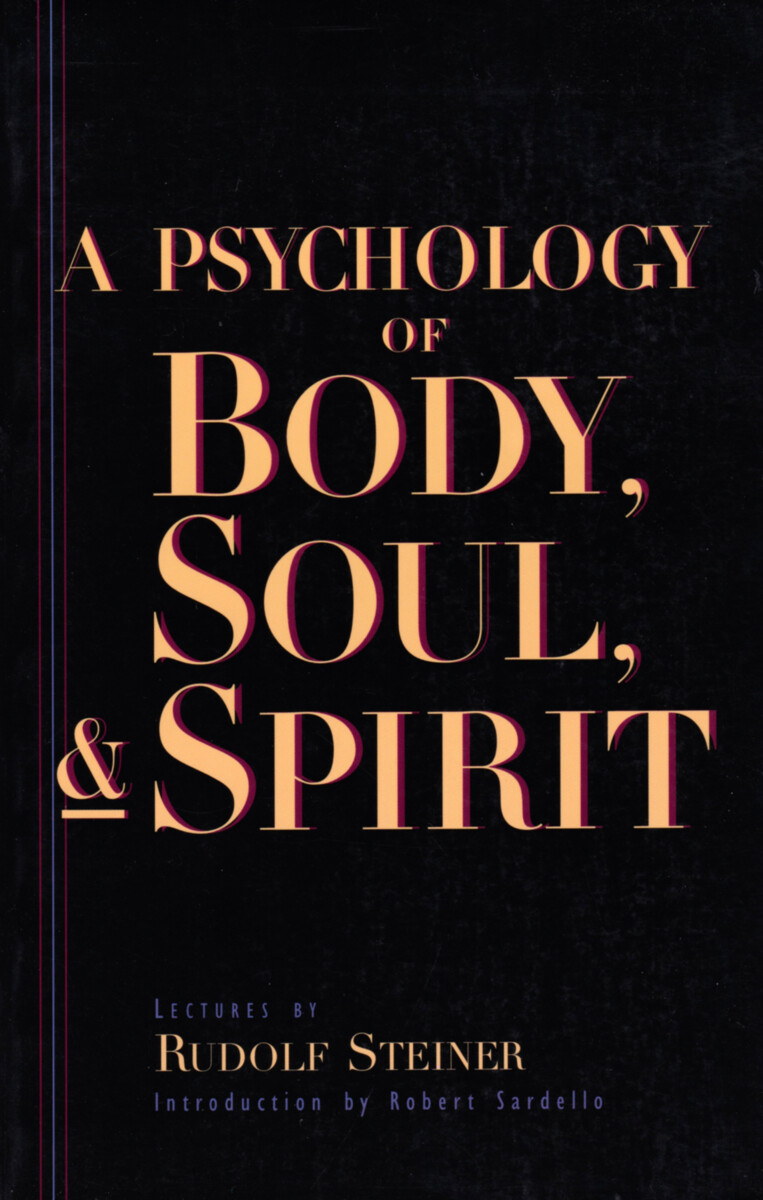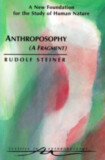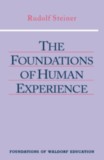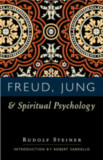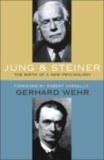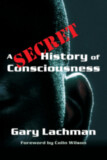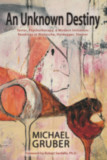A Psychology of Body, Soul, and Spirit
Anthroposophy, Psychosophy, Pneumatosophy (CW 115)
- Publisher
SteinerBooks - Published
1st June 1999 - ISBN 9780880103978
- Language English
- Pages 272 pp.
- Size 6" x 9"
12 lectures, Berlin, Oct. 23, 1909 – Dec. 16, 1911 (CW 115)
“Steiner does not talk about soul; he speaks from soul. That is the entire method. There is, however, an entrance fee for doing psychology. The fee is that you need to leave behind your well-known-to-you self-identity. You must suffer the experience of leaving behind not only what you know, but also what you think you know of yourself. This requirement qualifies psychology as integral to the work of initiation.” — Robert Sardello (from his introduction)
This series of lectures provides the basis for an entirely new psychology. The first four lectures give a precise, dynamic understanding of the human soul in relation to the activity of the senses and to the subtle processes that make up the human being on Earth. The next four lectures focus on what we can know of the human soul based on direct observation alone. No theorizing takes place. To show what we can know of soul life through the immediacy of engaged observation of oneself and others, Rudolf Steiner refrains from using his own higher capacities of clairvoyance to form a picture of our soul life. The concluding lectures portray the relationship of soul life to spirit life, showing us how to awaken individual spirit life and how to distinguish between illusory and genuine spiritual experiences.
Presented more than a century ago, we might be tempted to think that, insofar as psychology is concerned, the content of these lectures is outdated. It is also tempting to think that, because Steiner is not usually associated with the founders of modern psychology, his efforts must be considered, at best, an interesting aside. On the contrary, these lectures are actually a wellspring for the true stream of psychology, as the term itself means “soul study.”
A Psychology of Body, Soul, and Spirit will be of interest to anyone interested in deeper understanding psychology, as well as by those interested in inner development. Whether we are involved in education, medicine, art, drama, economics, or business, the perspectives contained in this book have the potential to restore the frequently missing element of soul in psychology today.
Dr. Robert Sardello’s in-depth introduction places Steiner’s lectures in the context of modern life and psychology and provides insights into how to read and use this text for inner development and a deeper understanding of spiritual science.
A previous translation of these lectures was published as Anthroposophy, Psychosophy, Pneumatosophy and as Wisdom of Man, of the Soul, and of the Spirit. This volume is a translation from German of Anthroposophie, Psychosophie, Pneumatosophie (GA 115)
C O N T E N T S:
Introduction by Robert Sardello
I — “Anthroposophy” (Oct. 23–27, 1909)
1. The Human being and the Senses
2. Supersensible Processes in the Human Senses
3. The Higher Senses, inner Forces, and Creative Principles in the Human Organism
4. Supersensible Currents, Group Soul, and the I in Human Beings and Animals
II — “Psychosophy” (Nov. 1–4, 1910)
1. Aspects of Soul Life
2. The Activities of Human Soul Forces
3. The Senses, Feeling, and Aesthetic Judging
4. Consciousness and Soul Life
III — “Pneumatosophy” (Dec. 12–16, 1911)
1. Franz Brentano and Aristotle’s Doctrine of the Spirit
2. Truth and Error in Light of the Spiritual World
3. Imagination–Imagination; Inspiration–Self-Fulfillment; Intuition–Conscience
4. Nature, the Evolution of Consciousness, and Reincarnation
Rudolf Steiner
Rudolf Steiner (b. Rudolf Joseph Lorenz Steiner, 1861–1925) was born in the small village of Kraljevec, Austro-Hungarian Empire (now in Croatia), where he grew up. As a young man, he lived in Weimar and Berlin, where he became a well-published scientific, literary, and philosophical scholar, known especially for his work with Goethe’s scientific writings. Steiner termed his spiritual philosophy anthroposophy, meaning “wisdom of the human being.” As an exceptionally developed seer, he based his work on direct knowledge and perception of spiritual dimensions. He initiated a modern, universal “spiritual science” that is accessible to anyone willing to exercise clear and unbiased thinking. From his spiritual investigations, Steiner provided suggestions for the renewal of numerous activities, including education (general and for special needs), agriculture, medicine, economics, architecture, science, philosophy, Christianity, and the arts. There are currently thousands of schools, clinics, farms, and initiatives in other fields that involve practical work based on the principles Steiner developed. His many published works feature his research into the spiritual nature of human beings, the evolution of the world and humanity, and methods for personal development. He wrote some thirty books and delivered more than six thousand lectures throughout much of Europe. In 1924, Steiner founded the General Anthroposophical Society, which today has branches around the world.


